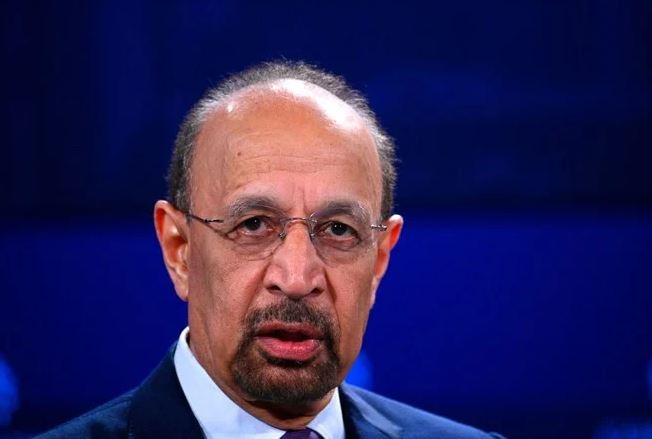Saudi Arabia leads the world in optimism, a new report has found, with the Saudis not only confident in where their own lives are headed, but also the Kingdom and even the world.
And the FII Priority event in New York heard from Khalid al-Falih, Saudi minister of investment, who said the optimism was reflected by the conitnued investment in the Kingdom
Released at a forum event in New York on the sidelines of the UN General Assembly on Thursday, the “Future Investment Initiative Priority” report surveyed 130,000 people from 13 countries about the things that mattered most to them.
Richard Attias, CEO of the FII Institute told Arab News he wasn’t surprised that the Middle East and East of the world came over more pessimistic than the West.
“You (the Middle East) have leaders who have a vision. I don’t know if it’s a longer term vision, but they have a vision. And they expressed that vision in Europe.”
He said West did not have such an obvious vision. “I think the vision is not clearly expressed, and people are a little bit lost. And this is why you saw movements like the yellow jacket in France. A lot of demonstration in Spain, a lot of demonstrations in America.”
“I think these countries, especially the United States, still has to solve many social crisis.”
The FII Priority report asked if people thought their lives were headed in the right direction – most people globally said they were.
But when the question became wider, people in nations such as the UK, USA and France, became more skeptical about the state of their countries and the world generally.
“I’m not surprised to see that the West is pessimistic. The world is pessimistic because we are definitely facing economic crisis,” Attias added.
And he said: “Many people who benefited the most from the globalization are the people in the east. A lot of jobs were created in the east, a lot of jobs was created in the Middle East.”
And Attias said the West was undergoing an “identity crisis,” which did not exist in the East.
The report found that Saudis led the way in feeling positive about their country, only being beaten in their optimism for the state of the world – coming third to China and India.
The upbeat attitude of Saudis didn’t stop there. Asked if they believed their country would be better in the future – a confident 61 percent in the Kingdom said they did – second only to 80 percent in China.
In France 83 percent said no, followed by 78 percent in Italy and 75 percent in Germany.
The biggest concerns of people surveyed around the world were all related to the cost of living crisis, with food security and unemployment playing on most people’s minds.
Terrorism was at the bottom of most people’s list of concerns, looking closer to home.
The survey covered three themes: the social crisis, environmental crisis, and what they referred to as the identity crisis (difficulties linked to the integration of migrants and a loss of traditional values).
Largely the report revealed an even balance for concerns surrounding people’s personal lives and the increasing social inequalities – as did environmental concerns.
Despite the politicization of migration in many countries during election campaigns such as Brexit and the US and French presidential elections, the survey revealed that for most people it was not a significant issue at all.
The US returned a 17 percent concern over migration, while 12 percent of Saudis put it high on their list, Morocco was the lowest with just 5 percent of recipients saying migrants concerned them most.
Attias said he believed this focus politicians placed on immigration showed a discord with the public they were supposed to represent.
“This is why there is a disconnection between what leaders think, or what leaders are putting in priorities and what the people want and consider other priorities,” He explained.
He said the disconnection exposed the need for leaders – political and in business – to reconnect with the people.
The survey report found that 70 percent of people in high income countries said they did not believe life was going to get better in their countries – while 70 percent of people in the east and Middle East were optimistic.
There is a social identity crisis, Attias said, not least with a new phenomenon that had been exposed by the report that showed that 50 percent of those surveyed wanted to quit their jobs in the next 12 months.
“We call it the great resignation. I think it will be massive.”
He said the pandemic had caused people to reassess their lives, especially at work where they felt there was no longer scope for progression or to earn more money.
Work, he said, for Westerners at least, had become precisely that – work.
He said 54 percent of people in the west were unable to save for the future, while 66 percent were working to have a decent life.
But in Saudi Arabia 35 percent of those asked looked at work as a way

